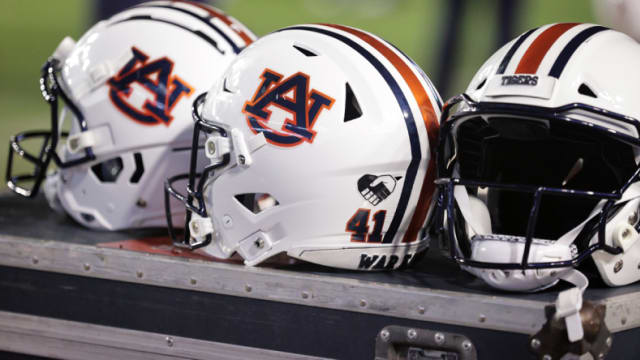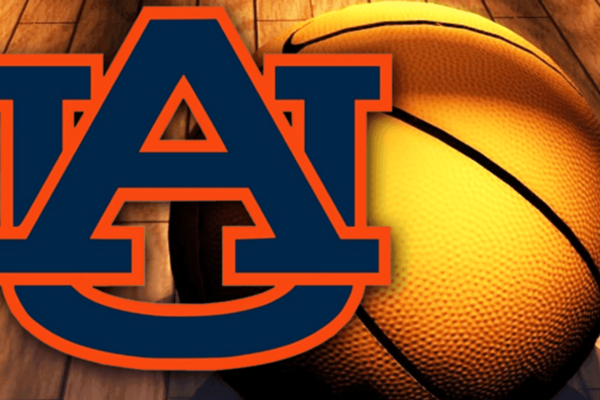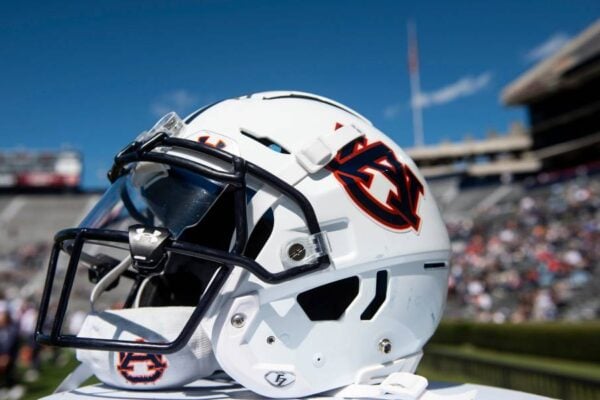Amid the swirl of speculation and anticipation that accompanies the off-season in college football, Auburn’s strategy under the guidance of coach Hugh Freeze has come into clearer focus. The transfer portal, a mechanism that has revolutionized college sports by allowing athletes to switch schools with more ease, was under particular scrutiny as fans and analysts wondered whether Auburn would seek to bolster its quarterback lineup with an experienced transfer ahead of Freeze’s second season at the helm.
Freeze, however, has taken an approach that might surprise those used to the frenetic pace of portal recruitment. He has opted not to dive back into the transfer pool for a quarterback this time around. This decision has stemmed from a confident satisfaction with the current roster of players, which includes a blend of promising high school recruits and seasoned players. The intention is to develop talent organically within the program, signaling a commitment to long-term growth over immediate, but potentially fleeting, gains.
The quarterback room at Auburn is, according to Freeze, a source of optimism. With experienced players like Payton Thorne in the ranks, alongside rising talents such as Hank Brown and Walker White, the coaching staff sees a fertile ground for growth and competition. It’s this mixture of potential and experience that has evidently given Freeze the confidence to forgo a search for external solutions, focusing instead on nurturing the talent within.
The recent history of college football is littered with examples of teams leveraging the transfer portal to immediate effect, making Auburn’s strategy noteworthy. It reflects a philosophy of patience and development, a belief in the coaching staff’s ability to mold raw talent into collegiate success stories. This approach, though perhaps more measured, carries its own set of risks and rewards, underscoring the diverse strategies at play in the modern game.
The decision not to pursue a transfer quarterback also hints at a broader trust in the ongoing development competition within the team. Brown and White, despite their youth, are seen as viable contenders for significant roles, an indication that Auburn’s future is being built on a foundation of homegrown talent and internal competition. The ultimate success of this approach will hinge on the ability of these young players to rise to the demands of college football’s elite levels, a challenge that Freeze appears ready to accept.
As Auburn wraps up its spring practice with the A-Day game in early April, the focus will naturally shift to the performance and potential of the team’s quarterbacks. The spring transfer portal window looms as a period of potential flux across college football, yet Auburn’s stance appears firm. Whether this confidence translates into success on the field remains to be seen, but for now, Auburn’s football future is being shaped by those already within its ranks, a testament to Freeze’s faith in his team’s existing makeup.
As the college football landscape continues to evolve, strategies for team building and player recruitment are under constant reassessment. Auburn’s current direction under Freeze represents a particular philosophy, one that prizes internal development and the fostering of a competitive, yet supportive, team environment. Only time will tell if this approach leads to the success Auburn fans crave, but for now, it’s clear that Freeze’s vision for the team is being enacted with confidence and commitment.




